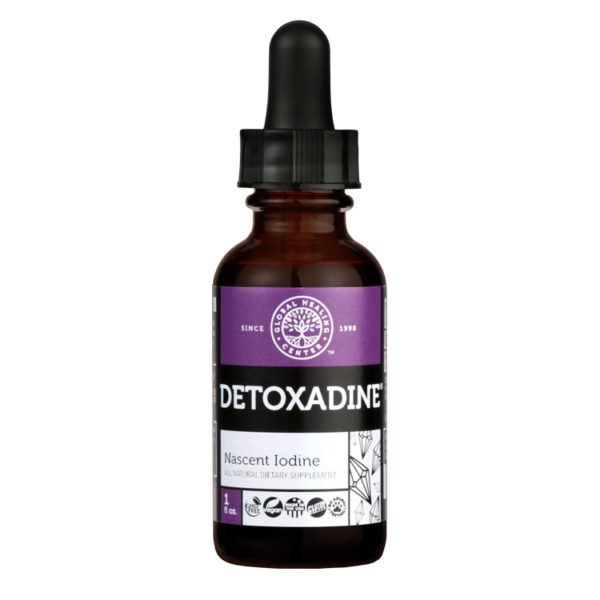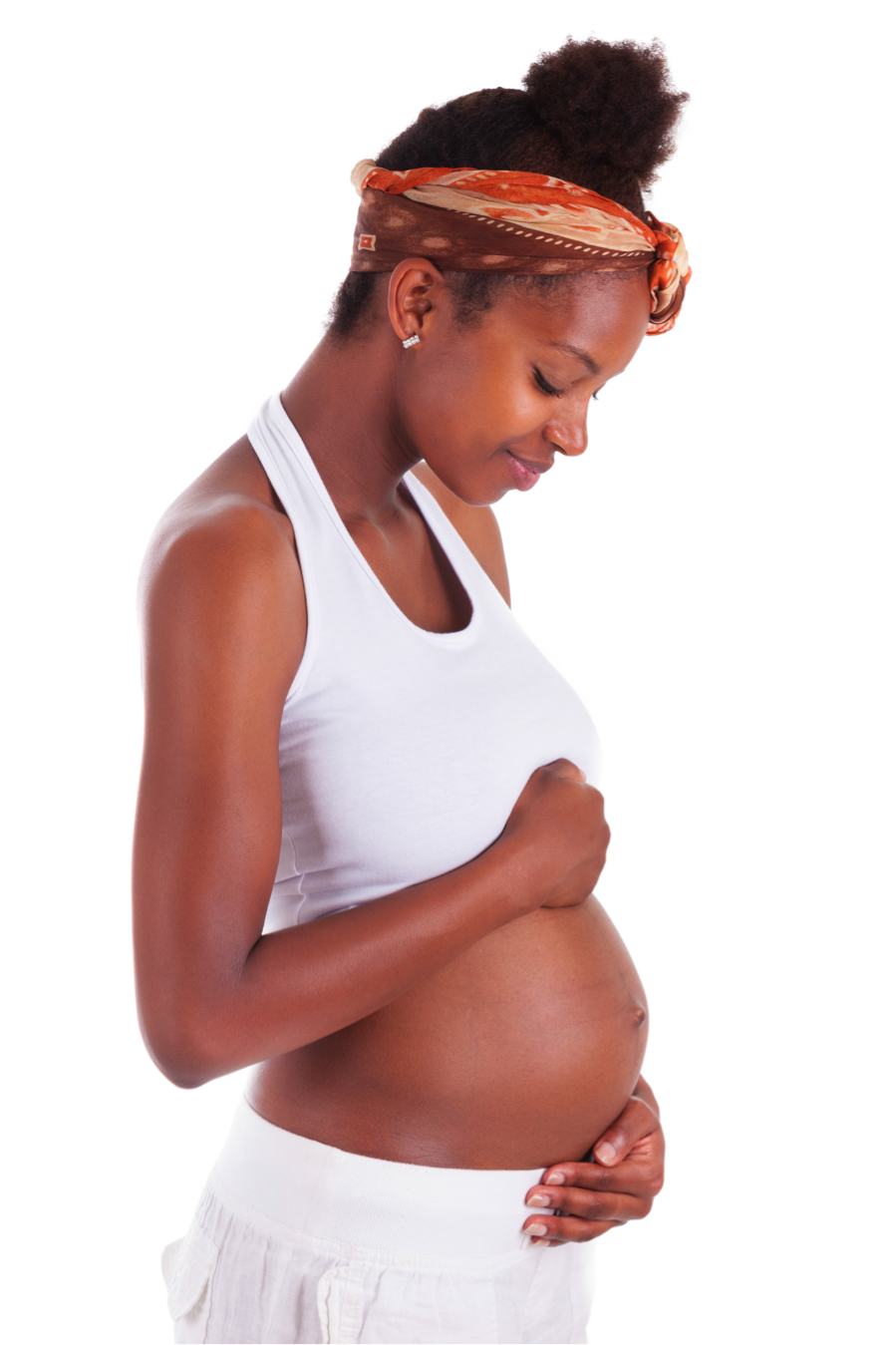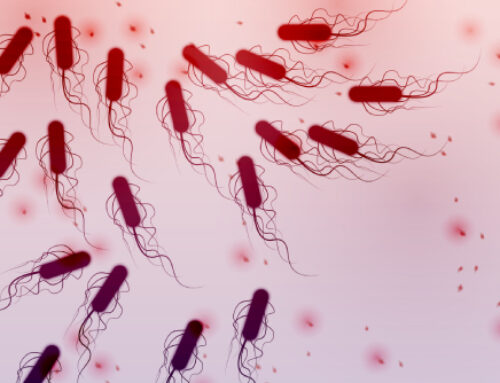Iodine Deficiency During Pregnancy Impacts Children’s Brain Development
You probably know that pregnant women are encouraged to take additional vitamins and minerals for the sake of their baby’s development. Folic acid, calcium, and iron have long been considered the holy trinity of prenatal wellness. But here’s one you may not be so familiar with: iodine.
Iodine is Necessary for Good Health
Though its health benefits have long been known, new research is now indicating that iodine deficiency in pregnant women can have significant negative effects on unborn children’s brain development. [1] [2] Iodine is an important mineral necessary for making thyroid hormones [3] — the hormones that regulate growth and development. According to the National Institutes of Health, thyroid hormones, and thus iodine, are also necessary for adequate bone and brain development from pregnancy through infancy. [4]
New Findings Suggest Many Pregnant Women Are Deficient
According to a new report from the American Academy of Pediatrics (AAP), approximately one third of pregnant women are at least mildly deficient in iodine. [5] This deficiency can be dangerous to the unborn baby and could negatively affect the child’s metabolism, leading to impairments in his or her motor skill and cognitive functions and, sometimes, irreversible mental damage. According to the journal Nutrients, “Iodine deficiency can be defined as the world’s greatest single cause of preventable brain damage.” [6]
The Rise of Supplements
Inspired by the findings of this study, news sources that have historically discouraged supplement use, such as Reuters and AAP’s own Pediatrics journal, are now encouraging pregnant and nursing women to take iodine supplements. [7] They suggest that pregnant and nursing women ingest at least 290 micrograms of iodine each day.
Pediatricians maintain that women should only use supplements in addition to, not as replacements for, an iodine-rich diet. AAP still recommends that pregnant and nursing women ingest iodine naturally as much as possible. However, the primary sources of dietary iodine — dairy, seafood, and iodized salt — may not be appropriate for everyone, including vegans and those who wish to avoid hormone additives, toxic metals, and other chemicals found in those food sources; making supplemental iodine even more important.
By simply adding nascent iodine, the best form of supplemental iodine, to their prenatal care routines, pregnant women will have one less nutritional need to worry about. Be aware that, like everything, there is an upper limit to how much iodine you should consume and no point in consuming more than your body needs. [8]
If you’re looking for a supplement to boost your iodine levels, check out DETOXADINE at the AlrightStore.

References (8)
- Iodine — Health Professional Fact Sheet. National Institutes of Health” 2015. 21 Apr. 2016
- Sardana, Divya, Smiti Nanda, and Simmi Kharb. “Thyroid hormones in pregnancy and preeclampsia.” J Turkish-German Gynecol Assoc 10.3 (2009): 168-71.
- “Iodine in diet: MedlinePlus Medical Encyclopedia. U.S. National Library of Medicine” 2006. 21 Apr. 2016
- National Institutes of Health. Iodine: Fact Sheet for Consumers. National Institutes of Health. Office of Dietary Supplements. Fact Sheet. June 24, 2011.
- Council on Environmental Health. Iodine Deficiency, Pollutant Chemicals, and the Thyroid: New Information on an Old Problem. Pediatrics. Vol. 133 No. 6 June 1, 2014. pp. 1163-1166. doi: 10.1542/peds.2014-0900.
- Paolo Ghirri, Sara Lunardi, and Antonio Boldrini. Iodine Supplementation in the Newborn. Nutrients. January 2014; 6(1): 382-390.
- Andrew M. Seaman. Pregnant women should take iodide supplement: docs. Reuters. May 26, 2014.
- Kara J. Connelly, MD, Bruce A. Boston, MD, Elizabeth N. Pearce, MD, David Sesser, David Snyder, MD, Lewis E. Braverman, MD, Sam Pino, Stephen H. LaFranchi, MD. Congenital Hypothyroidism Caused by Excess Prenatal Maternal Iodine Ingestion. The Journal of Pediatrics. Volume 161, Issue 4, Pages 760-762, October 2012.
†Results may vary. Information and statements made are for education purposes and are not intended to replace the advice of your doctor. Global Healing Center does not dispense medical advice, prescribe, or diagnose illness. The views and nutritional advice expressed by Global Healing Center are not intended to be a substitute for conventional medical service. If you have a severe medical condition or health concern, see your physician.





Leave A Comment